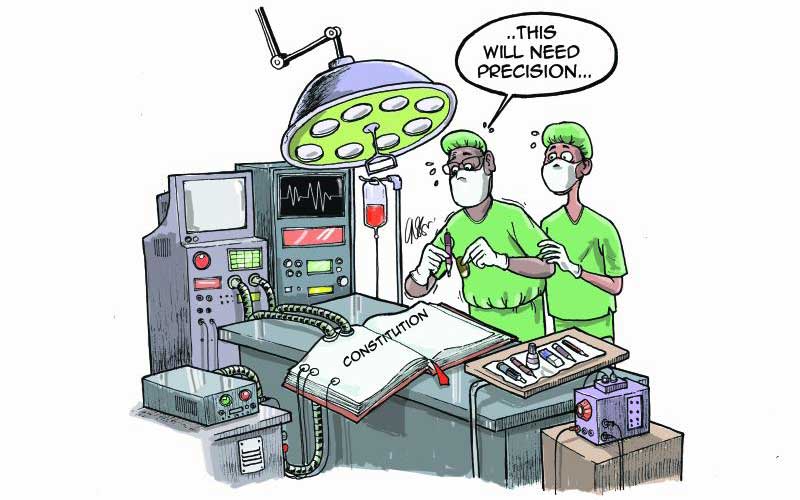×
The Standard e-Paper
Home To Bold Columnists

The third US President Thomas Jefferson once wrote: “I know no safe depository of the ultimate powers of the society but the people themselves; and if we think them not enlightened enough to exercise their control with a wholesome discretion, the remedy is not
to take it from them, but to inform their discretion by education. This is the true corrective of abuses of constitutional power.”